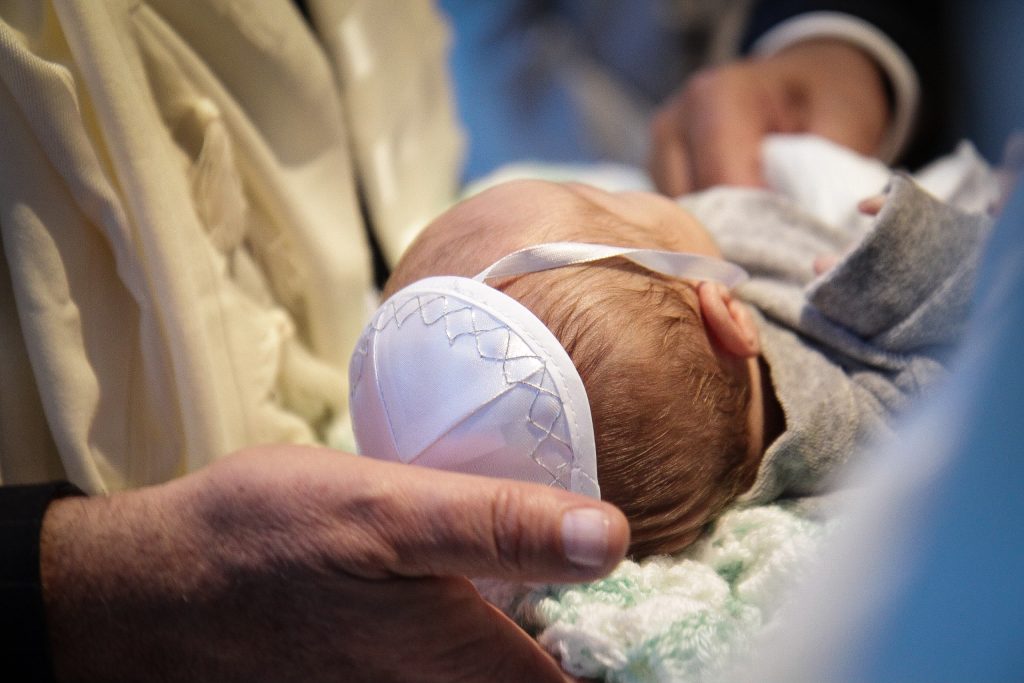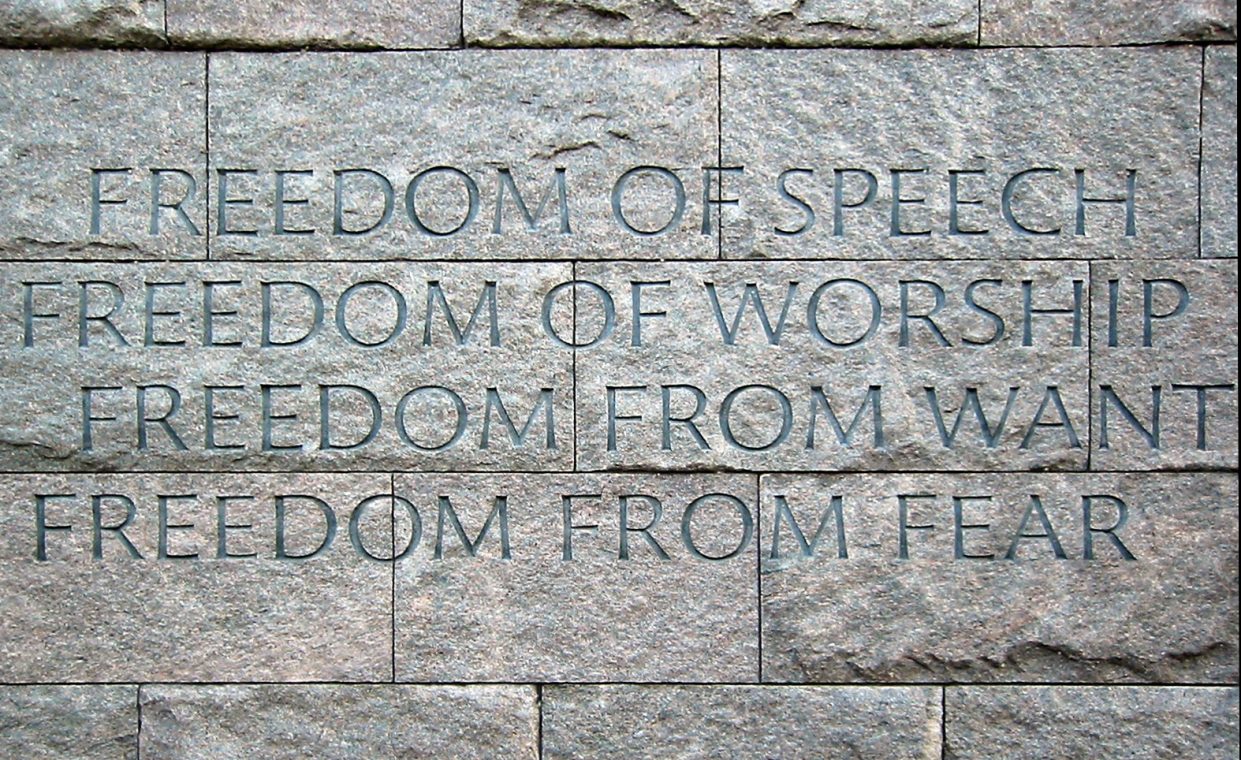
In every religion, rituals have a meaning. Male circumcision symbolises a covenant between God and God’s people. It is a sign of affiliation, a link between body and soul and a mark of identity that spans generations.
In Judaism, the ritual circumcision is called a brit milah and is typically performed as part of a religious ceremony at home, in a synagogue or sometimes also in a hospital. It is performed by a mohel, who has received religious and surgical training to perform ritual circumcision. The procedure is almost always done when the baby boy is eight days old.
In Islam, the ritual circumcision is called khitan. In some parts of the Islamic world, the procedure is performed as part of a religious ceremony. In other parts, it’s done in a hospital setting. In many Islamic countries, the khitan is performed in infancy, but it may be done when a boy enters puberty.
This religious practice has nothing to do with female genital mutilation (FGM). While it is often thought to be connected to Islam, it is not endorsed by Islam, and many non-Islamic communities practice FGM. No religion promotes or condones it, and from an IFFSE standpoint we wholeheartedly join the chorus of many religious and political leaders to denounce it.
Male circumcision is an issue of religious freedom – and should be treated as such. Being able to practice this ritual lies at the heart of religious freedom. Parents are following their beliefs and traditions when choosing circumcision for their child. However, insecurities and anxieties over it thrive in an environment where cultural minorities alone participate in the practice.
At IFFSE we stand against any efforts and attempts by some governments in Europe to ban the practice of circumcision – this infringes on the right to religious freedom. Any ban or regulation that aims to at downgrade and confine individual cultures conveys the message that the Jewish and Muslim communities and their practices are not socially acceptable in Europe and this only serves to undermine the need for social cohesion. Therefore, it is time to end the debate on circumsion and to respect the value of religious freedom as specified in the European Union’s 2000 Charter of Fundamental Rights and in the International Covenant on Civil and Political Rights, ICCPR.

